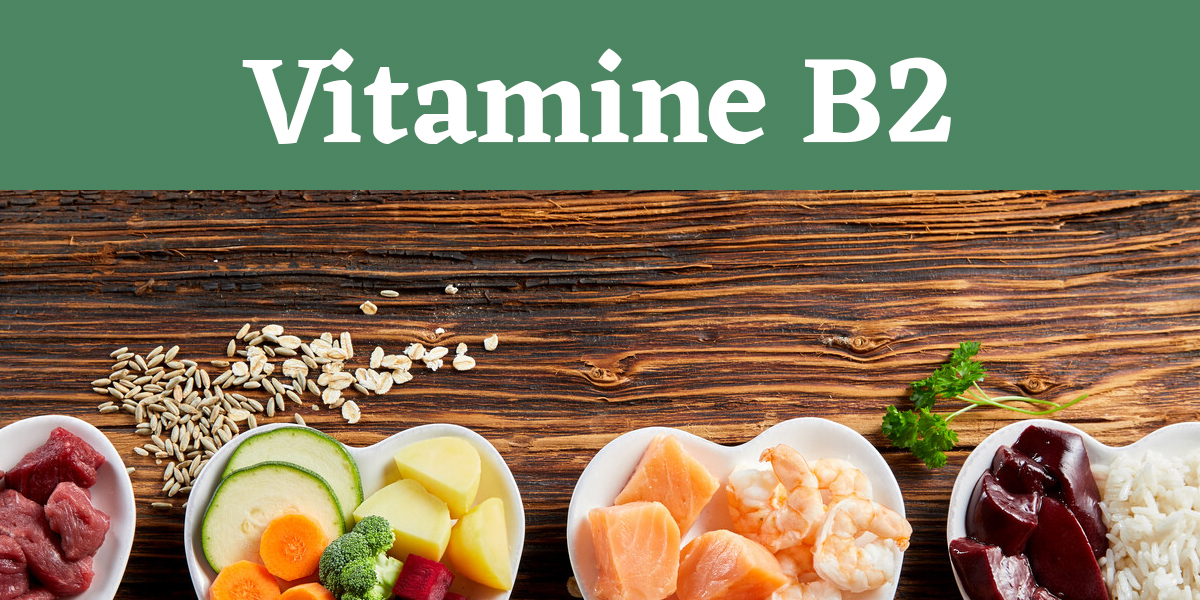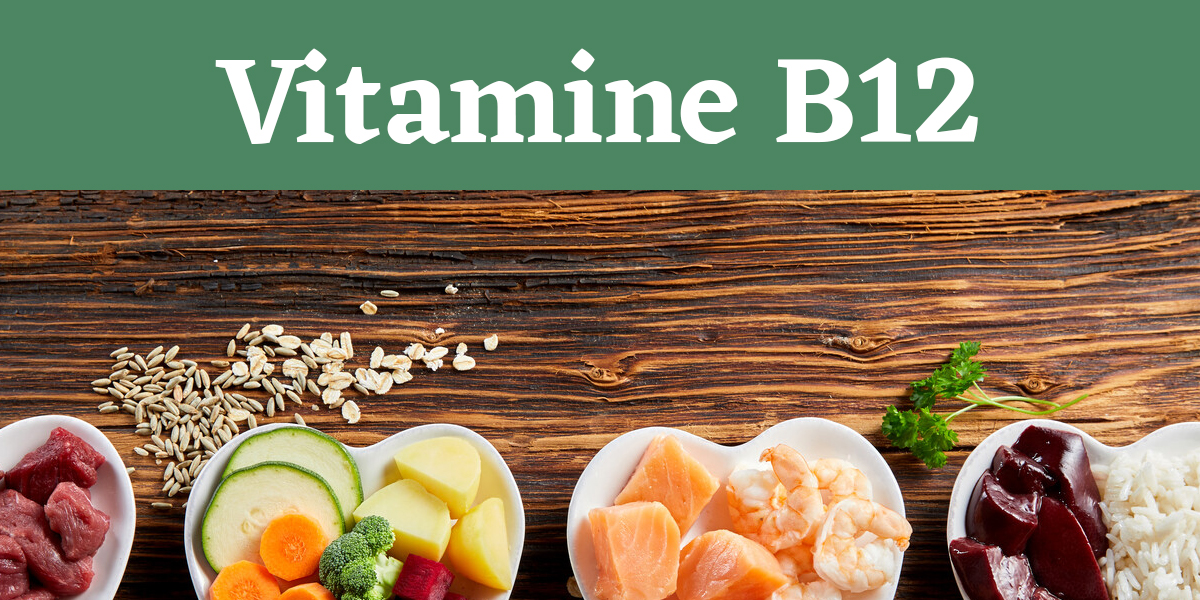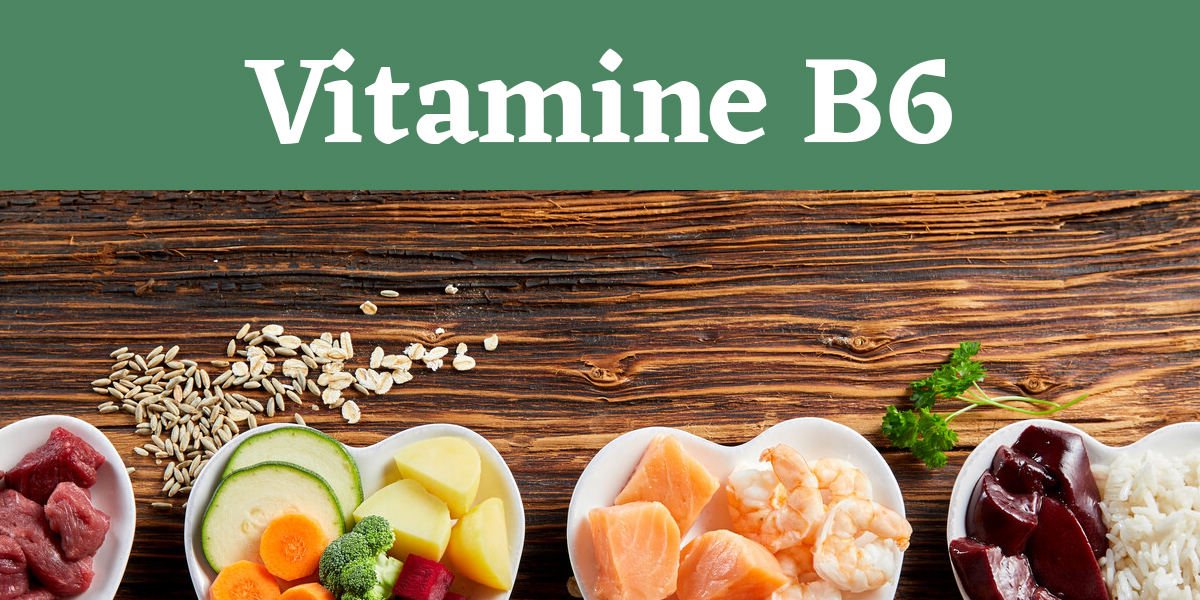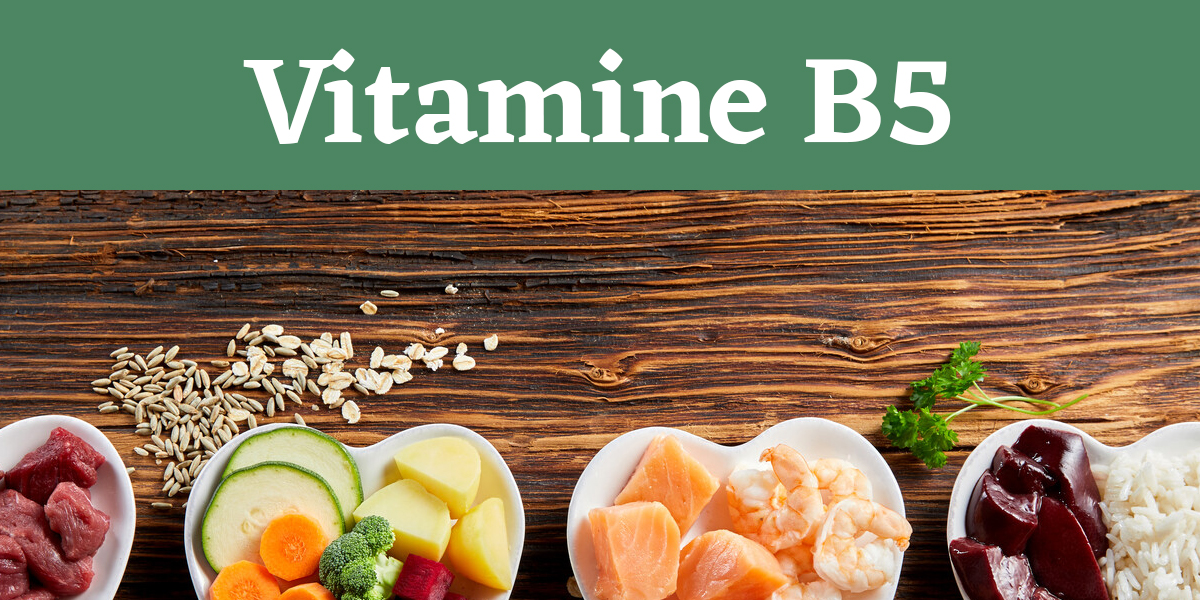Vitamin B2 (riboflavin)

Vitamin B2, also called riboflavin, is a water-soluble vitamin that belongs to the vitamin B complex. Vitamin B2 is not stored in the body and must be made sufficiently available on a daily basis through a high-quality diet or through supplementation. Riboflavin has a yellow color. The name riboflavin is derived from the Latin word 'flavus' which means yellow. Vitamin B2 is also often used as a food coloring for this reason.
Vitamin B2 is an essential vitamin that is indispensable in the processing of macronutrients. Vitamin B2 is particularly needed for protein metabolism. It is therefore advisable to get enough vitamin B2 with a very protein-rich diet.
Vitamin B2, in collaboration with various enzymes, also ensures good cell respiration. This function is very important to the eye. In case of a deficiency, the eye does not receive enough energy because it cannot use the oxygen properly. In response to this, the body will compensate for the lack of energy by allowing more blood, and therefore more oxygen, to flow to the eye. As a result, you can get bloodshot eyes in the longer term.
Furthermore, vitamin B2 is also necessary for the metabolism of carbohydrates and fats. Ensures the construction of the mucous membrane, repair of damaged muscles, bone formation, functioning of the red blood cells and a good condition of the skin. Plays a role in the synthesis of the antioxidant glutathione. Works as a cofactor with vitamin B6 in the conversion of the amino acid tryptophan into vitamin B3. Plays a role in preventing eye diseases such as cataracts. And prevents ulcers such as stomach and duodenal ulcers.
Some examples of vitamin B2 deficiency could be burning eyes, skin problems, insomnia, depression, irritability, low energy.
In addition, vitamin B2 is bad against the preservative sulphite. But can withstand heat and oxidation reasonably well, but poorly against light. The intestinal flora can produce vitamin B2 itself, but this is often no longer sufficient.
Vitamin B2 is mainly found in dairy products, chicken, meat, fish, kidney, eggs, whole grain products, linseed, legumes, avocado, walnuts, almonds, brewer's yeast and various herbs.



